How Diet Affects Arthritis is a crucial topic for managing joint pain and inflammation. Certain foods can either ease or worsen arthritis symptoms. Anti-inflammatory foods like fatty fish, nuts, fruits, and vegetables help reduce pain, while processed foods, sugar, and red meat may trigger flare-ups. Maintaining a balanced diet rich in omega-3 fatty acids, fiber, and antioxidants supports joint health and overall well-being. Weight management through proper nutrition also reduces pressure on joints, easing arthritis discomfort. Understanding how diet affects arthritis empowers individuals to make informed choices, improving mobility and quality of life while minimizing pain and stiffness.
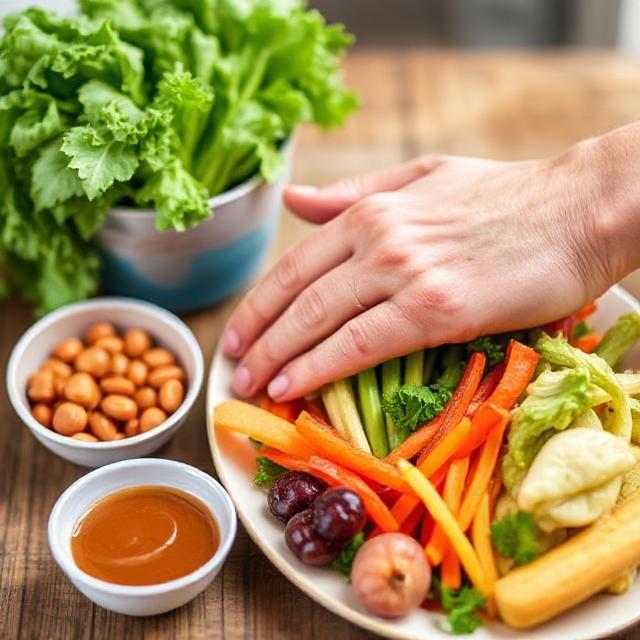
How Diet Affects Arthritis
Arthritis is a common condition characterized by joint inflammation, pain, and stiffness. While medication and physical therapy are standard treatments, diet plays a crucial role in managing symptoms and potentially slowing disease progression. The foods you eat can either exacerbate inflammation or help reduce it.
The Connection Between Diet and Arthritis
Scientific research shows that certain foods can:
-
Increase inflammatory markers in the body (like C-reactive protein)
-
Contribute to oxidative stress that damages joint tissues
-
Affect gut microbiota which influences systemic inflammation
-
Impact body weight, putting extra stress on joints
Best Foods for Arthritis
1. Anti-Inflammatory Fatty Acids
-
Fatty fish: Salmon, mackerel, sardines (rich in omega-3s EPA and DHA)
-
Walnuts and flaxseeds: Plant-based omega-3 sources (ALA)
-
Extra virgin olive oil: Contains oleocanthal with ibuprofen-like effects
2. Colorful Fruits and Vegetables
-
Berries: Strawberries, blueberries, blackberries (anthocyanins)
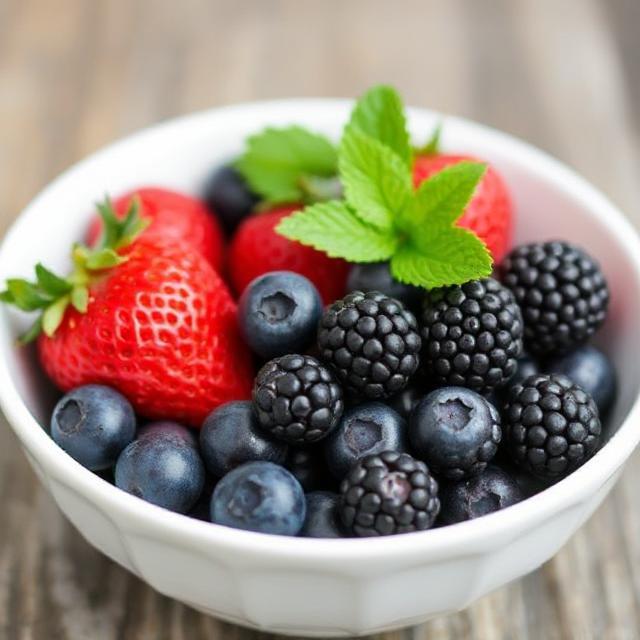
-
Leafy greens: Spinach, kale (vitamin K, antioxidants)
-
Cruciferous vegetables: Broccoli, Brussels sprouts (sulforaphane)
-
Citrus fruits: Oranges, grapefruit (vitamin C for collagen formation)
3. Spices with Medicinal Properties
-
Turmeric/curcumin: Potent anti-inflammatory (best absorbed with black pepper)
-
Ginger: Contains gingerols that may reduce joint pain
-
Cinnamon: May lower inflammatory markers
4. Whole Grains and Legumes
-
Quinoa, brown rice, oats: Fiber helps lower CRP levels
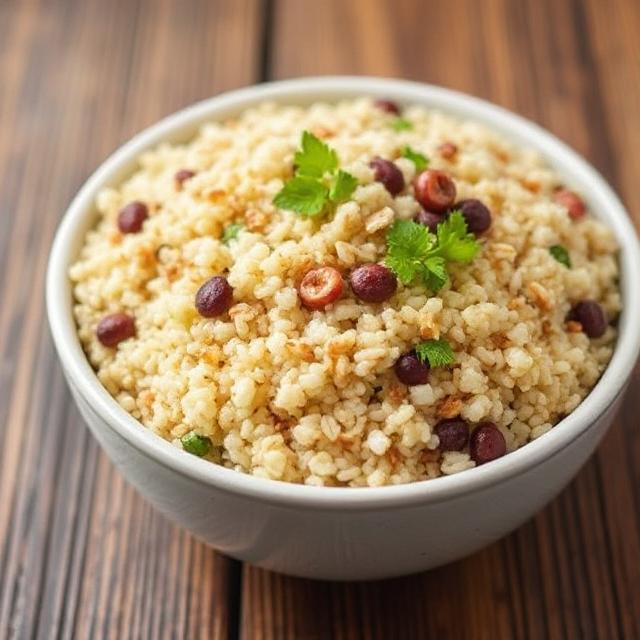
-
Beans and lentils: Plant protein with anti-inflammatory compounds
5. Other Beneficial Foods
-
Green tea: EGCG may protect cartilage
-
Dark chocolate (85%+): Flavonoids with anti-inflammatory effects
-
Bone broth: Contains collagen and amino acids
Foods to Avoid with Arthritis
1. Pro-Inflammatory Fats
-
Trans fats: Found in fried foods, margarine, processed snacks
-
Excess omega-6s: Vegetable oils (corn, soybean, sunflower)
-
Processed meats: High in advanced glycation end products (AGEs)
2. Refined Carbohydrates and Sugars
-
White bread/pasta: Can spike blood sugar and inflammation
-
Sugary drinks: Associated with increased arthritis risk
-
Desserts and candy: May increase cytokine production
3. Potential Trigger Foods
-
Nightshades (for some individuals): Tomatoes, potatoes, eggplants, peppers
-
Gluten (for sensitive individuals): May trigger inflammation
-
Dairy (for some people): Casein may irritate joints
4. Other Inflammatory Substances
-
Alcohol: Especially beer (purines may worsen gout)
-
Excess salt: May contribute to inflammatory responses
-
MSG and preservatives: May trigger flares in some individuals
Special Considerations for Different Arthritis Types
Osteoarthritis (OA)
-
Focus on: Collagen-building nutrients (vitamin C, protein)
-
Important: Weight management to reduce joint stress
Rheumatoid Arthritis (RA)
-
Focus on: Omega-3s to modulate immune response
-
Consider: Potential benefits of Mediterranean diet
Gout
-
Avoid: High-purine foods (organ meats, shellfish, beer)
-
Emphasize: Cherries (may lower uric acid), hydration
Practical Dietary Tips
-
Try an elimination diet: Identify personal trigger foods
-
Eat the rainbow: Diverse phytonutrients combat inflammation
-
Stay hydrated: Helps maintain joint lubrication
-
Consider supplements: Fish oil, turmeric, vitamin D (after consulting your doctor)
-
Maintain healthy weight: Even modest weight loss reduces joint stress
Sample Anti-Inflammatory Meal Plan
Breakfast: Oatmeal with walnuts, flaxseeds, and blueberries
Lunch: Grilled salmon over quinoa with steamed broccoli and olive oil
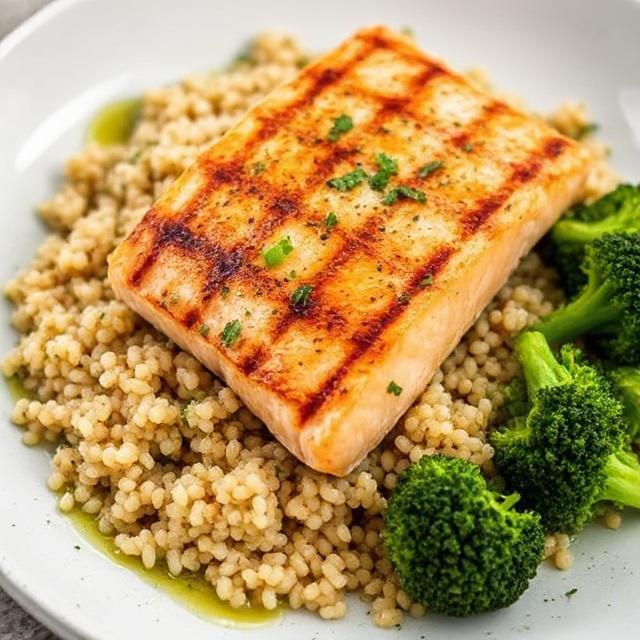
Snack: Carrot sticks with hummus and green tea
Dinner: Chicken stir-fry with ginger, turmeric, and colorful vegetables over brown rice
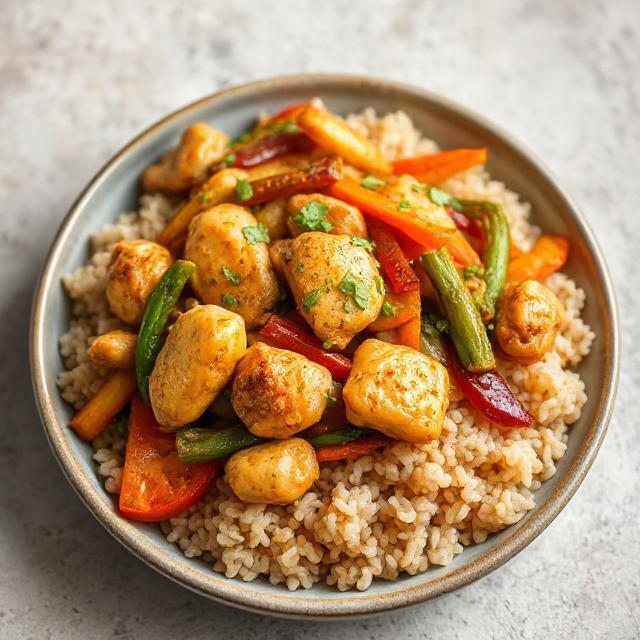
Dessert: Dark chocolate square with strawberries

Arthritis disability verification requires a doctor's assessment detailing mobility limitations, pain levels, and necessary accommodations for daily activities. This medical documentation supports disability claims, workplace adjustments, or special benefits eligibility.

Remember that dietary changes work best as part of a comprehensive treatment plan. While no single food can cure arthritis, a consistent anti-inflammatory diet pattern may significantly improve symptoms and quality of life for many arthritis sufferers. Always consult with your healthcare provider before making major dietary changes, especially if you're on medications.
